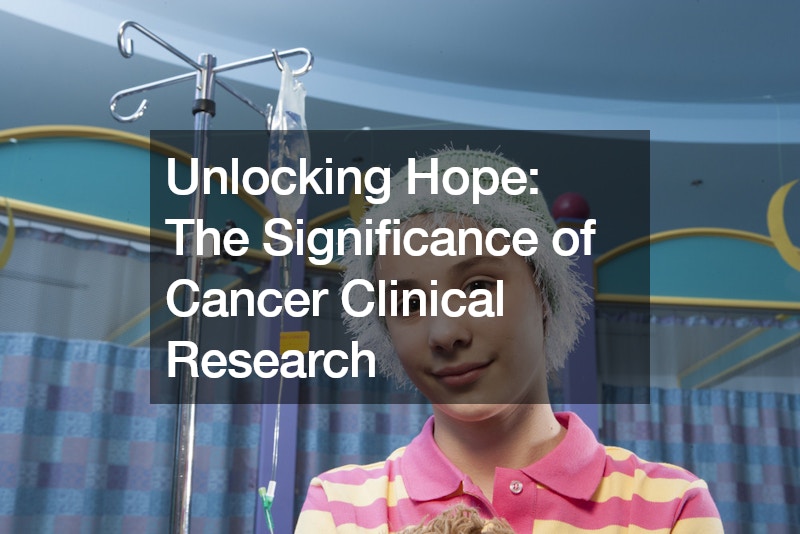Unlocking Hope The Significance of Cancer Clinical Research
Cancer remains one of the most daunting challenges in modern medicine, but amidst the battle against this formidable foe, hope shines through the avenues of cancer clinical research. With over 300,000 studies conducted in the United States since 2000 alone, the landscape of cancer research is vast and dynamic, offering promising avenues for treatment, prevention, and improved patient care.
Cancer clinical research encompasses various trial types, each with a distinct focus and objective. Treatment trials, the most common type, explore novel therapies, ranging from medications to surgical techniques, aiming to determine their safety, efficacy, and potential side effects.
These trials are vital in advancing our understanding of cancer treatment and improving outcomes for patients.
In parallel, prevention trials seek to identify strategies to reduce cancer risk, whether through lifestyle modifications or the administration of specific agents. By evaluating interventions in individuals at high risk, researchers aim to prevent cancer development and enhance public health.
Furthermore, quality of life/supportive care/palliative care trials focus on alleviating the burdens of cancer treatment, addressing symptoms, and improving overall well-being for patients. These trials play a crucial role in enhancing the patient experience and promoting comfort during cancer treatment.
Finally, natural history studies provide invaluable insights into the progression of cancer, genetic factors, and potential preventive measures. By longitudinally tracking individuals with cancer or high-risk populations, researchers glean valuable data to inform future interventions and strategies.
In essence, cancer clinical research serves as a beacon of hope, driving innovation and progress in the fight against cancer. It underscores the collaborative efforts of researchers, clinicians, and patients worldwide, uniting in a shared mission to unlock new treatments, prevent cancer, and improve the lives of those affected by this disease.
.

